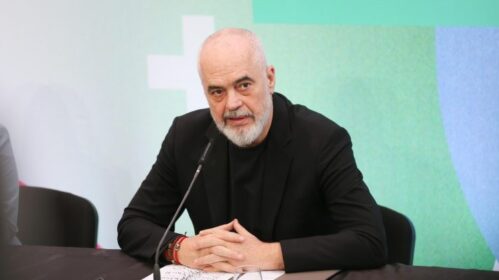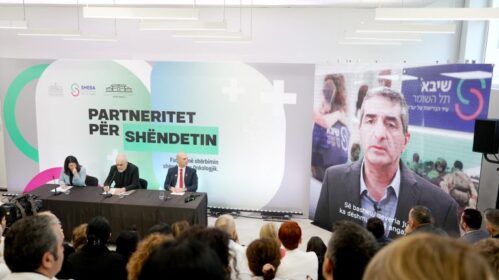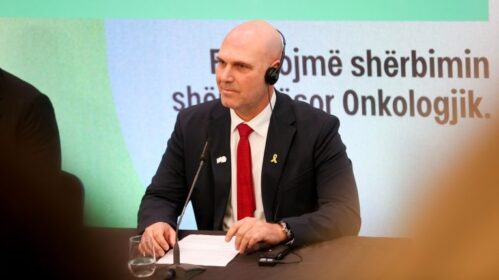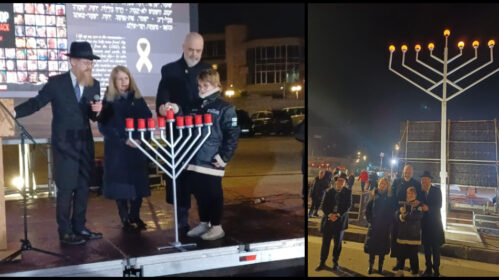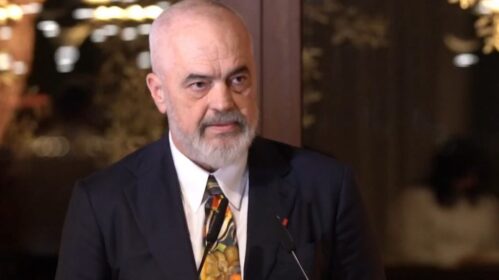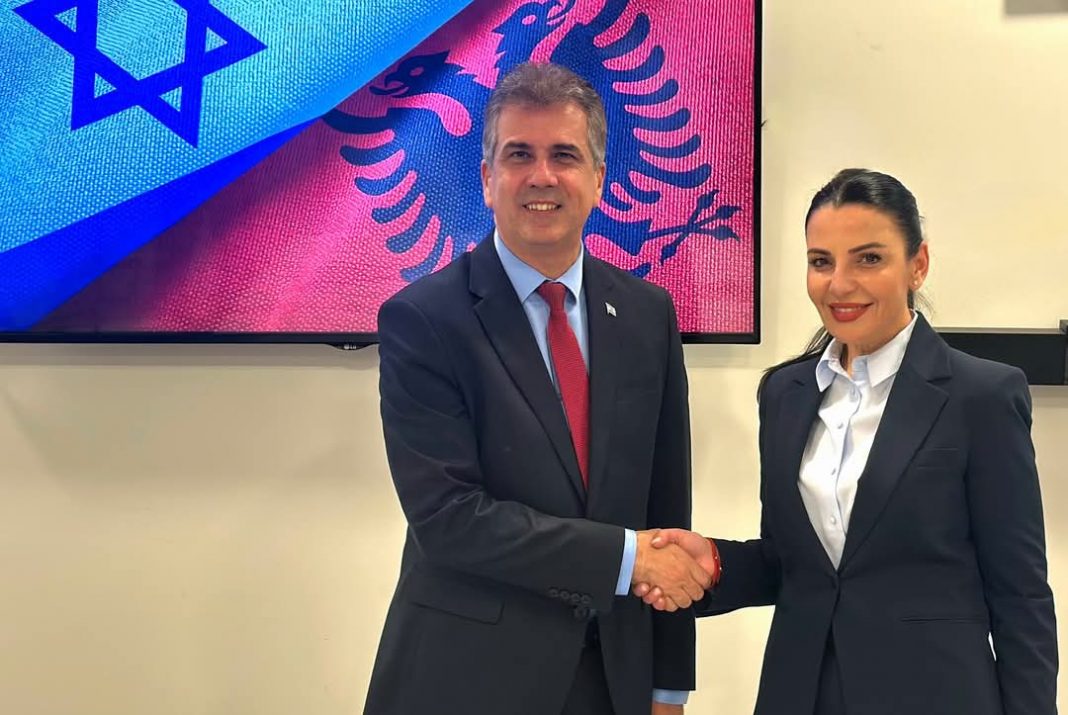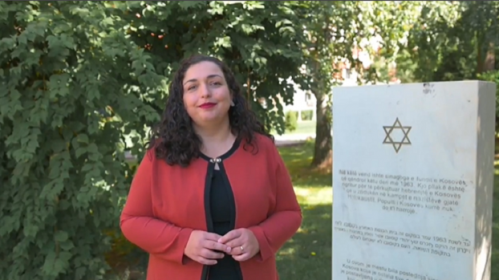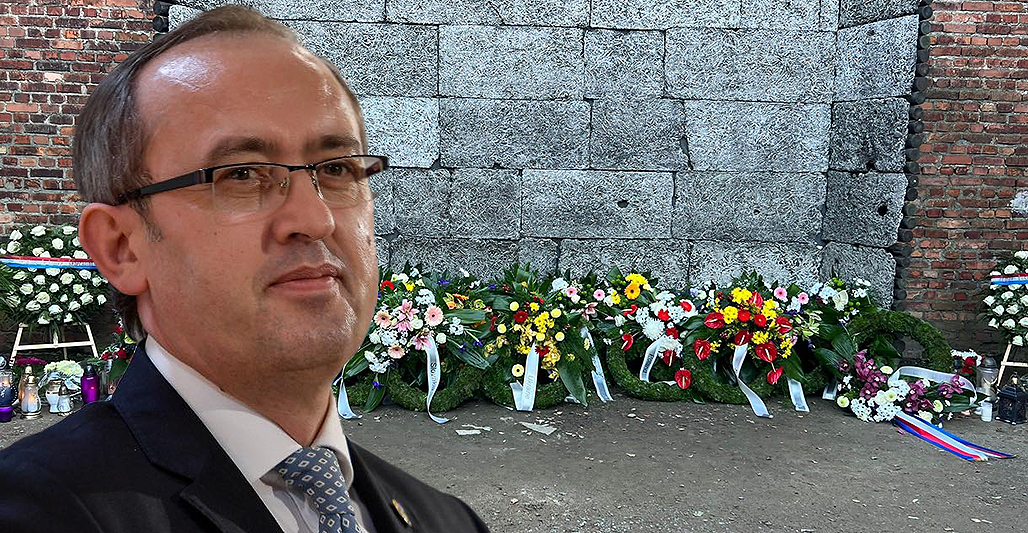Religious intolerance is at the core of many current conflicts worldwide. Creating a culture of peace, therefore, necessitates respect and cooperation among different religions. Can a level of understanding be reached would make peaceful relations possible? An almost forgotten episode during World War II exemplifies this issue.
During World War II, as Jews were being persecuted by the Nazis, they found refuge in Northern Albania. More than 2000 Jews were protected by the locals, who risked their own lives in doing so. Although the Germans demanded that the Albanians provide them with lists of names of Jews in the country, the Albanians refused to comply and instead sheltered them from the Nazis. According to the International School for Holocaust Studies, the Albanians did not turn over a single Jew to the Germans.
Ndiq "Izraeli Sot" në Facebook dhe Twitter dhe Instagram dhe behu anetar i Grupit Izraeli dhe Shqiptaret
This episode was brought to light by Norman H. Gershman, an American photographer, who has included photos of the Albanians’ descendants still living in the country in a book called BESA: Muslims Who Saved Jews in World War II. According to Gershman, only two countries in Europe, Denmark and Albania, refused to cooperate with the Nazis:
Besa is an Albanian cultural concept that means “to keep the promise” and “word of honor.” The word has its origin in the Kanun of Lekë Dukagjini, an assembly of customary codes and traditions compiled by the legendary 15th century Albanian chieftain and transmitted verbally over succeeding generations.
Besa means also taking care of those in need, protecting them and being hospitable. Both Catholic and Muslim Albanians participated in this effort. Since 70% of Albanians are Muslims it is safe to assume that it was they who were primary in aiding the Jews. Rather than hiding them in attics or in the woods, Albanians gave the Jews Muslim names, provided them with clothes and treated them as members of their own families.
Gershman told the story of an Albanian shopkeeper named Ali Pashkaj who received the visit at his store of a group of German soldiers surrounding 19 Albanian prisoners. Among the Albanians was a young Jew whom the Germans planned to assassinate.
Since Pashkaj spoke excellent German, he invited the soldiers into the store and gave them food and wine. While he was distracting the German soldiers, he gave the young Jew a melon containing a message instructing him to jump out of the truck at a certain location and run and hide in the woods. The young man followed the instruction and was able to escape.
The German soldiers were furious. They returned to the town and threatened to shoot the man and set the town on fire if the Albanians did not return the young Jew. The Albanians refused and the Germans finally left town. Pashkaj went to the woods where he found the young man and brought him back to his house and protected him. The young man, whose name is Yasha Bayuhovio later went to Mexico and became a dentist. In protecting him, Ali Pashkaj was practicing Besa.
As Gershman told the Jewish Chronicle, “Look, you are not talking to someone who is pro-Arab. It is really quite simply that there are good people in this world. I found Muslims who saved Jews. The perception of the religion of Islam as crazy is nonsense. I am a Jew to my core. I would lay down my life for Israel…However, we have objectified Muslims. They are just people. And in this little people [Albanians] they have a message for the world. I defy anyone to look at these people and say these are terrorists or terrorist sympathizers.”






